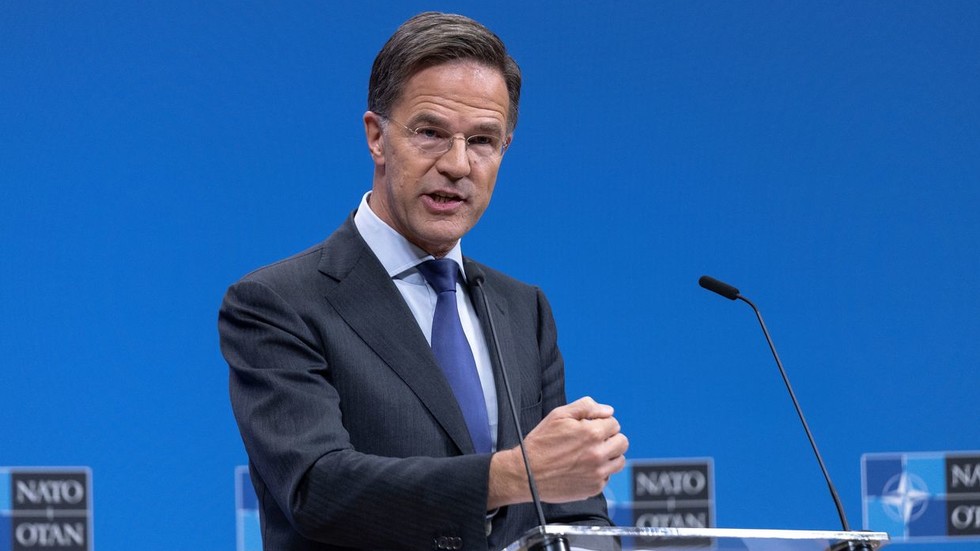Mark Rutte, the Secretary-General of NATO, recently addressed concerns regarding Türkiye’s interest in joining the BRICS economic group, asserting that such ambitions do not compromise its status as a NATO member. During a press conference in Estonia, Rutte emphasized Türkiye’s significance within the alliance, citing its robust military capabilities and vital geographic role in NATO. He defended Ankara’s sovereignty to seek membership in BRICS, which has been characterized by some as influenced by Russia. Rutte acknowledged internal debates within NATO due to differing views among the 32 member democracies but assured that the bond between Türkiye and NATO remains strong.
President Recep Tayyip Erdogan of Türkiye is attending the 16th BRICS Summit in Kazan, Russia, where he plans to engage in discussions with President Vladimir Putin on various pressing issues, including bilateral relations, the Ukraine crisis, and Middle Eastern affairs. Türkiye’s recent formal application for BRICS membership marks a significant move, being the first NATO country to do so. This development raises eyebrows in Brussels, causing officials to express concerns over Türkiye’s alignment with EU values and foreign policy, especially since it has been an EU candidate nation since 1999.
While pursuing BRICS membership, Turkish officials have clarified that Ankara does not view the group as a substitute for its commitments to NATO or the EU. The stalled process for EU accession has led Turkey to explore alternative economic platforms, thereby encouraging its interest in BRICS. This exploration reflects a strategic approach to diversify its international partnerships beyond traditional alliances. The shift indicates a desire for a broader economic engagement that could enhance Türkiye’s regional influence and economic growth prospects.
Rutte’s statements reflect a nuanced understanding of Türkiye’s strategic positioning. NATO’s acknowledgment of Ankara’s rights to engage with BRICS underscores the complexity of international alliances in a rapidly changing geopolitical landscape. While concerns persist in the EU regarding Türkiye’s alignment, NATO’s strong backing of its member indicates a commitment to maintaining internal solidarity. Rutte’s remarks signal that debates over foreign affiliations are a natural aspect of alliance dynamics, yet they do not detract from Turkey’s valued role within NATO.
Furthermore, as Türkiye seeks to expand its global economic partnerships, the interplay between its BRICS ambitions and existing NATO commitments will be closely monitored. This situation presents opportunities for Türkiye to bolster its economic portfolio while navigating the intricate web of international relations involving both Western alliances and emerging powers. The dialogue set to occur during the BRICS summit could be pivotal for establishing the terms of Türkiye’s engagement with these alternative economic frameworks, particularly in light of its long-standing ties with the West.
In conclusion, Türkiye’s pursuit of BRICS membership while maintaining its NATO ties underscores the complexity of modern international relations. Rutte’s support serves as a counterpoint to EU concerns, highlighting Ankara’s longstanding military significance and continued popularity within NATO. Erdoğan’s engagement with other global powers through BRICS could reshape Türkiye’s economic future, suggesting a balancing act between legacy alliances and emerging opportunities on the world stage. This dynamic will likely influence regional politics and international economic strategies in the years to come.

